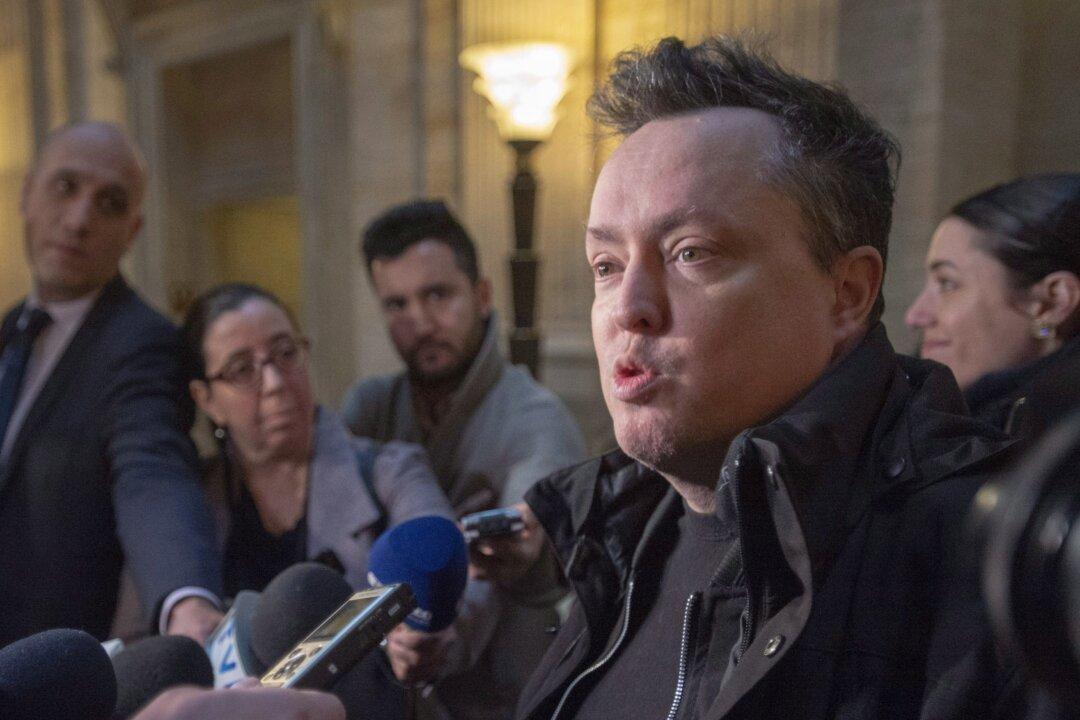Citing a Supreme Court of Canada decision late last year that some welcomed as a win for free speech, the Quebec human rights commission has dropped many cases of alleged discriminatory comments, a precedent that may impact other provinces.
Quebec Rights Commission Drops Certain Discrimination Cases, Citing Supreme Court Ruling on Comedian Mike Ward
Decision bodes well for similar decisions to be made by human rights commissions across Canada, says Ward's lawyer

Comedian Mike Ward speaks to the media at the Quebec Court of Appeal in Montreal on Jan. 16, 2019. The Canadian Press/Ryan Remiorz
|Updated:




